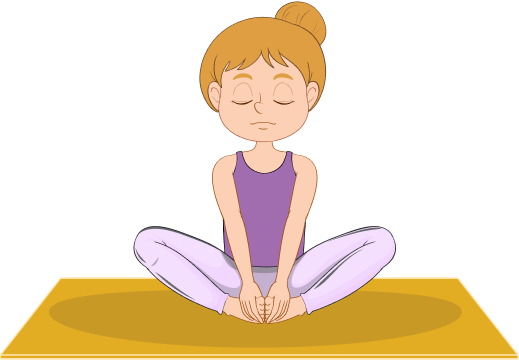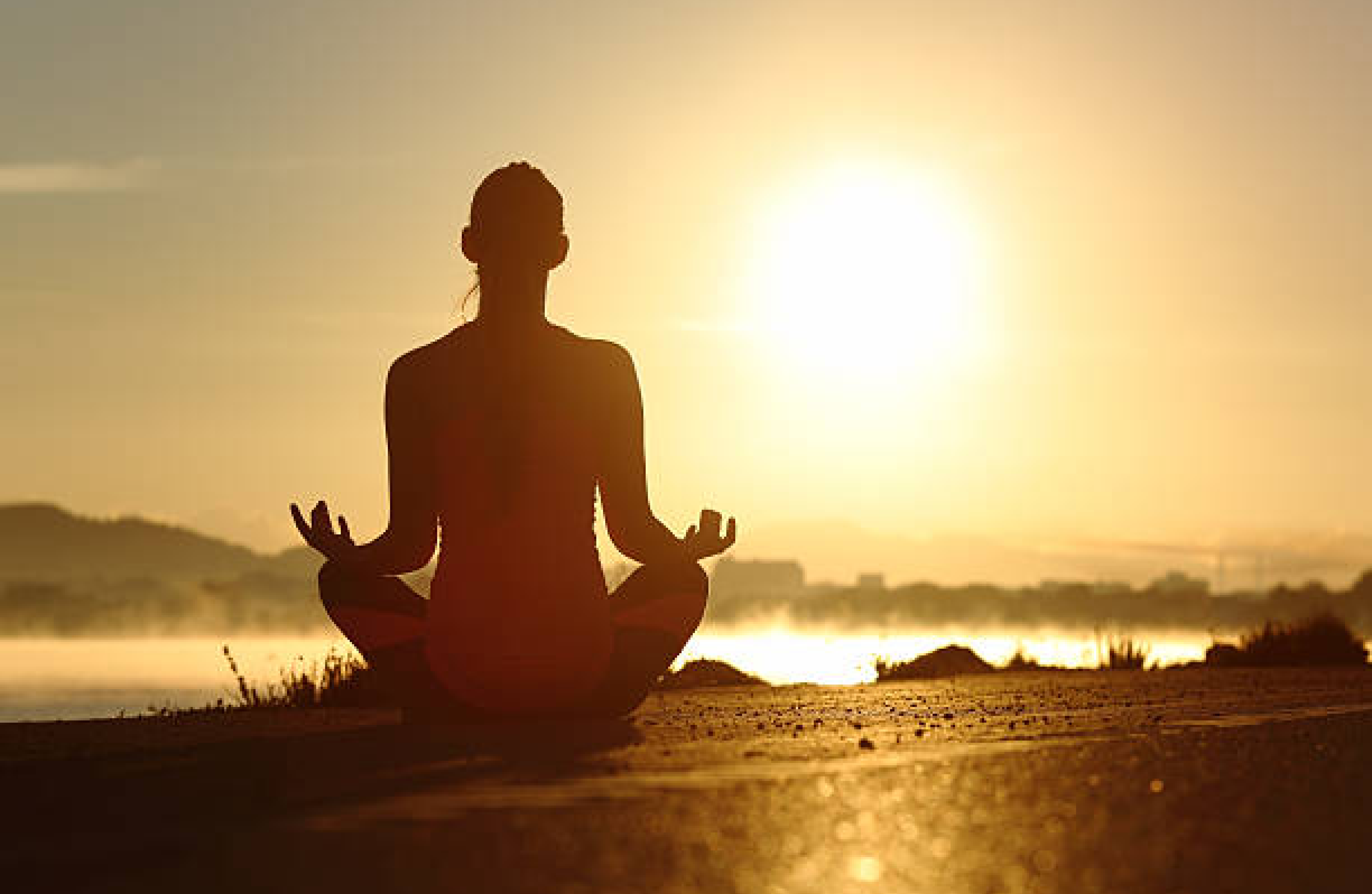Life is filled with challenges—stressful jobs, personal conflicts, and unexpected setbacks that can leave us feeling emotionally drained. Emotional resilience, the ability to adapt and recover from these challenges, is not something we are born with; it’s a skill that can be cultivated over time. Yoga, with its ancient principles of balance and harmony, provides tools to help build this resilience. By combining mindful movement, intentional breathing, and meditation, yoga fosters the emotional stability and inner strength needed to face life’s difficulties with calmness and clarity.
This blog dives into how yoga helps build emotional resilience, the practices that strengthen your emotional core, and how you can integrate these techniques into your daily routine for lasting benefits.

Understanding Emotional Resilience Through Yoga
What Is Emotional Resilience?
Emotional resilience is the ability to recover from stress, setbacks, and emotional turmoil. It’s not about suppressing difficult feelings but developing the capacity to face them with understanding and courage. Yoga nurtures this by teaching us to slow down, observe our emotions, and respond thoughtfully rather than react impulsively.
The Mind-Body Connection in Emotional Healing
The mind and body are deeply intertwined. Stress and negative emotions manifest in the body as tension, such as tight shoulders or a stiff neck. Similarly, when the body feels strong and relaxed, the mind mirrors that stability. Yoga bridges this connection through practices that release physical tension, balance energy, and promote emotional healing.
For example, a restorative yoga session can calm an anxious mind, while energizing sequences like sun salutations can uplift a fatigued spirit.
How Yoga Builds Emotional Resilience
1. Mindful Breathing for Emotional Balance
Pranayama, or breath control, is one of yoga’s most effective tools for regulating emotions. Controlled breathing calms the nervous system, helping to reduce stress hormones and create a sense of tranquility. For example:
- Alternate Nostril Breathing (Nadi Shodhana): Balances emotions and promotes mental clarity.
- Deep Belly Breathing: Activates the relaxation response and eases anxiety during tough moments
By practicing these techniques regularly, you create a habit of using the breath to anchor yourself during emotional storms.
2. Strengthening Poses for Inner Fortitude
Certain yoga postures symbolize resilience and cultivate a feeling of inner strength.
- Warrior Poses (Virabhadrasana): Represent strength, focus, and courage, empowering you to face challenges.
- Tree Pose (Vrikshasana): Builds physical and emotional balance, helping you stay grounded.
- Heart-Opening Poses (Camel or Cobra Pose): Encourage emotional vulnerability and release, fostering a deeper connection with yourself.
These poses combine physical exertion with mindfulness, teaching you to remain steady and composed even in discomfort.
3. Meditation for Emotional Awareness
Meditation trains the mind to pause, observe, and understand emotions without judgment. It helps you recognize triggers and manage reactions thoughtfully. Over time, meditation builds the emotional agility needed to navigate stress or difficult situations calmly. Guided meditations, available on apps like My Yogi, make it easy to start.
The Science Behind Yoga and Emotional Resilience
Regulating the Nervous System
Yoga activates the parasympathetic nervous system, often called the “rest and digest” state. This physiological response counters the stress-induced “fight or flight” reaction, lowering cortisol levels and promoting relaxation.
Rewiring Emotional Responses
Studies show that regular yoga practice reshapes the brain’s neural pathways, particularly in areas associated with emotional regulation and empathy. This enhances your ability to manage stress, connect deeply with others, and maintain emotional balance during challenging times.
Practical Yoga Practices for Emotional Resilience
1. Daily Breathwork Routines
Dedicate 5–10 minutes each day to pranayama techniques. For instance, practice alternate nostril breathing in the morning to set a calm tone for the day.
2. Incorporating Grounding Poses
Integrate poses like Warrior II or Tree Pose into your yoga routine to cultivate emotional stability and confidence.
3. Evening Mindfulness Meditation
End your day with 10 minutes of mindfulness meditation to reflect on your emotions and reset for the next day. Apps like My Yogi offer step-by-step guidance.
4. Try Yoga Nidra
Yoga Nidra, or yogic sleep, is a deeply restorative practice that relaxes both mind and body. It helps release built-up emotional stress and is ideal for those dealing with overwhelming emotions or insomnia.
Benefits of Yoga for Emotional Resilience
- Improved Emotional Stability: Stay calm and composed under pressure.
- Reduced Anxiety and Stress: Tap into your body’s natural relaxation mechanisms.
- Enhanced Self-Awareness: Understand and manage your emotions effectively.
- Increased Optimism: Build a more positive outlook on life by managing emotional challenges with ease.
- Stronger Relationships: Develop empathy and emotional intelligence, which improves personal connections.
How to Get Started
Step 1: Choose the Right Style
Explore yoga styles that suit your emotional needs. For relaxation, try Restorative or Yin Yoga. For energizing practices, Vinyasa is a great choice.
Step 2: Leverage Technology
Apps like My Yogi provide convenient access to yoga sessions, from beginner-friendly breathwork to advanced mindfulness practices.
Step 3: Commit to Consistency
Even 15 minutes of daily yoga can make a significant difference in your emotional resilience. Create a routine that fits your lifestyle and stick to it.
Building emotional resilience is a lifelong journey, and yoga offers a powerful foundation for inner strength. By combining mindful breathing, grounding poses, and meditation, you can develop the tools to navigate life’s challenges with grace and poise. Whether you’re just starting or deepening your practice, yoga encourages you to connect with your inner self and discover the strength that lies within.
Ready to strengthen your emotional core? Download the My Yogi app today to explore guided practices tailored to your emotional well-being. Begin your journey toward balance, strength, and emotional freedom.





